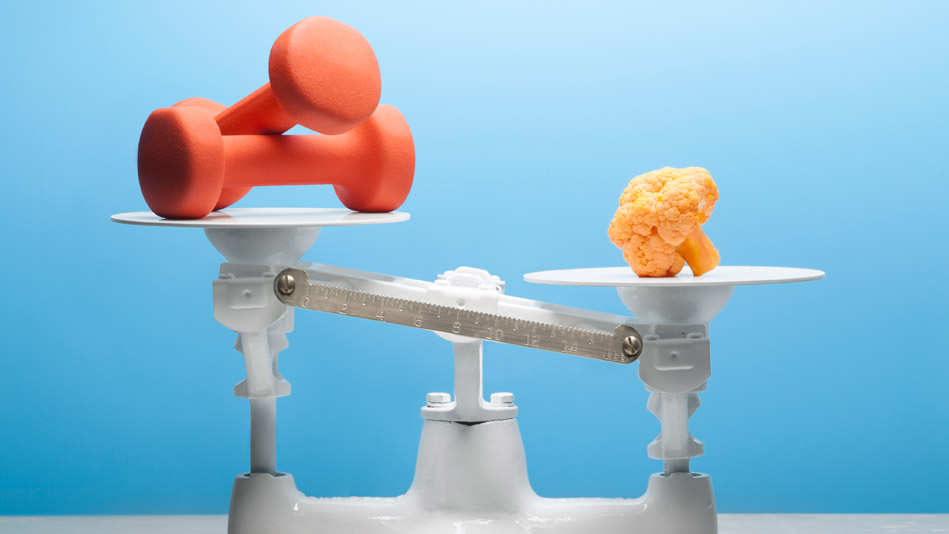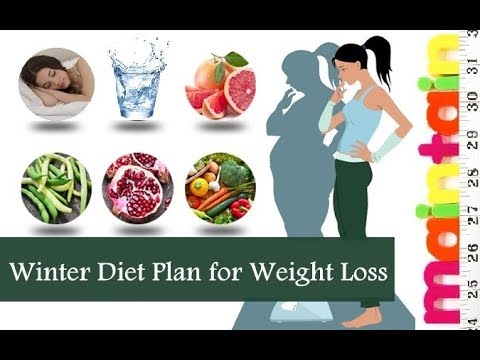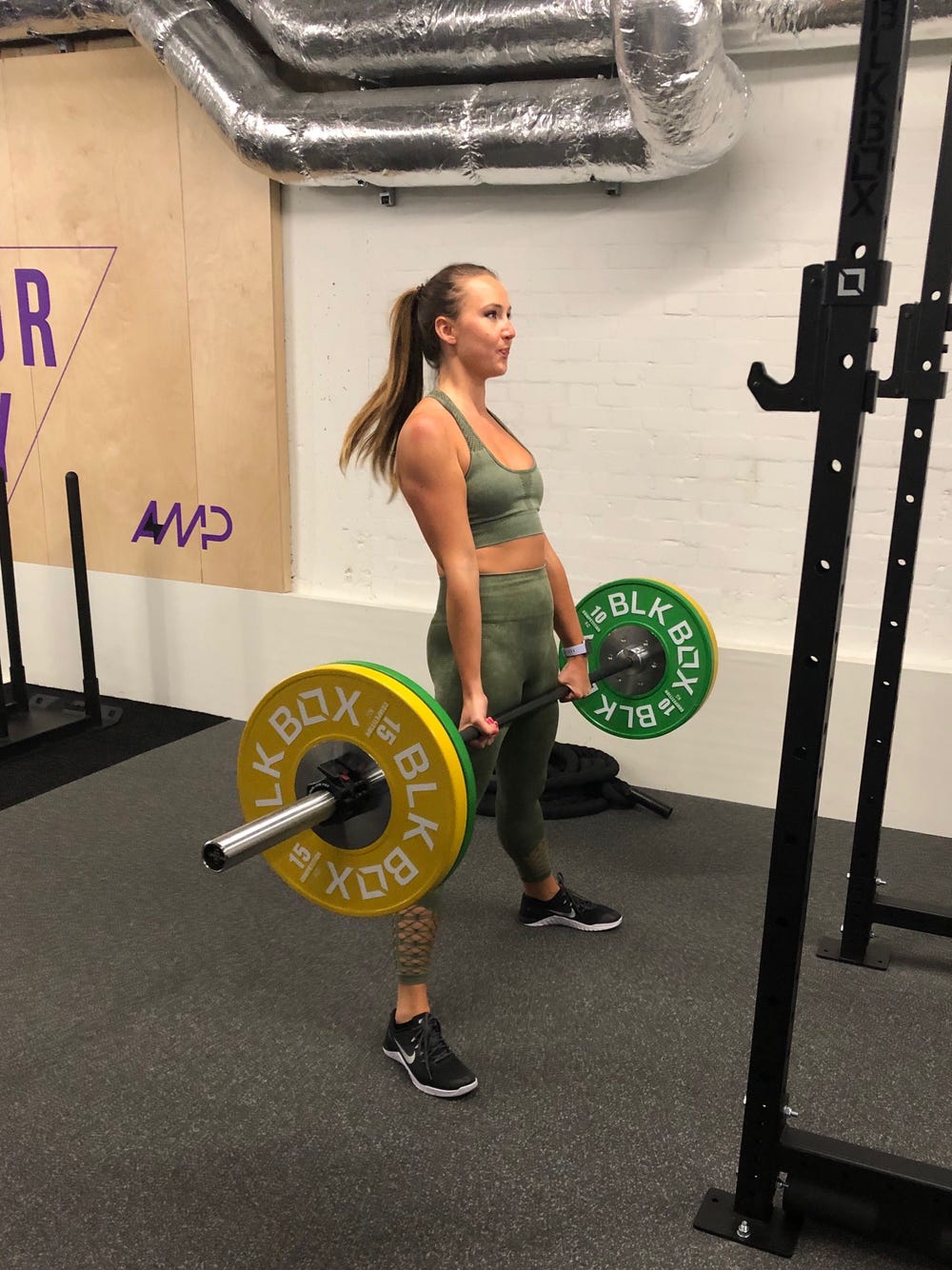
If you're looking for walking for weight loss tips, you've come to the right place. Walking is a low impact form of exercise that burns more calories than sitting still. You can even combat diabetes and high cholesterol by walking. Walking for weight loss is a great way to lose weight. Here are some tips to help maximize your walking routine. Continue reading to learn how to improve your walking for weight loss.
Walking is a low impact exercise
If you're interested in losing weight, walking is a great choice. Walking, a low-impact activity, will help you lose weight and strengthen your bones. It is simple to set up and maintain, and it costs nothing. It's also fun, which makes it a good way to get exercise into your schedule without a gym membership. Americans also report walking at least once a week.

It burns more calories than sitting still
Walking helps you burn fat and is free. Walking does not require any special clothing or membership to a gym. There is no steep learning curve. It's easy to do anywhere. The mental benefits of walking outdoors are numerous. Stanford University found that people who exercise regularly are less likely think about daily worries. Additionally, walking outside can help relieve stress and anxiety. Why not take a walk outside? This article is intended to encourage you, hopefully, to start walking for weight reduction.
It's a good exercise for overweight individuals
Walking can be a great way of improving your health and getting in shape, no matter what age. Studies show that walking improves mood, boosts energy, and clears the mind. Walking for 30 minutes a day can reduce your risk of developing diabetes or high blood pressure. These are just a few of the many benefits that walking has to offer. Here are some reasons that walking is an excellent exercise option for overweight people.
It helps with diabetes, hypertension and high cholesterol levels
Walking to lose weight can help lower cholesterol, hypertension, diabetes and other conditions. High blood pressure puts the heart under more strain. This can lead to atherosclerosis, heart arrhythmias, and other heart problems. Diabetes can also affect the nerves of the feet. It is important to regularly check your feet for blisters or sores.

It improves posture
Not only are there obvious health benefits associated with walking to lose weight, but so are these other tips to improve your posture. Good posture has many advantages, not least the fact that standing straight and using a straight gait can help you look younger and healthier. You can also improve your posture by doing exercises that involve your upper body and legs. Walking can be done in many ways. One of the best exercises is to swing your arms forward and back. You can improve your posture by swinging your arms back and forth while you walk.
FAQ
Does intermittent fasting affect my sleep?
Intermittent fasting can affect your sleep. You may notice an increase in hunger hormones if you skip meals. You might wake up every night as a result.
Experts recommend skipping breakfast. They recommend eating a light snack before bed.
If you still wake up hungry after this snack, you can consume a small meal just before going to bed.
Don't overeat. You will end up gaining weight rather than losing it.
What is the best way to exercise when you are busy?
It is best to exercise at home. You don't need to join any gym. You can do simple exercises at home without spending much money on equipment.
You will need a pair, mat, chair, timer, and some dumbbells.
Consistency is the most important thing. If you miss a few days, then you may lose all motivation.
Start by lifting weights 3x per week. These could include push-ups/pull-ups/squats, push-ups/pull-ups or dips/curls.
Once you have mastered these fundamental movements, you can begin to learn other types, including running, jumping rope and skipping.
You should choose an exercise program that suits your life. You might avoid exercising if your work hours are long.
If you're a night-owl, you might consider working out in the evenings rather than in early morning.
Be aware of your body and rest when you feel tired.
What should I eat during intermittent fasting to lose weight?
Cutting out carbs is the best way to lose weight. This means avoiding bread, pasta, rice and potatoes as well as other carbohydrate-based foods.
You'll also want to avoid eating too much protein because it keeps you full longer. So you won’t feel hungry as often.
Instead, choose foods rich in healthy fats. These foods keep you satisfied even after hours of eating.
It's important to make sure you're drinking plenty of water, too. Water can help you lose fat by keeping you hydrated.
This could be because you find you really crave these foods when fasting. However, you don't have the right to succumb to these cravings. If you do, you could gain more weight than you lost.
To prevent overeating, try keeping an eye on how much you consume throughout the day. When hunger strikes, drink a glass of water instead of reaching for another snack.
It might sound counterintuitive at first, but it has been shown that this can help you slim down. A study published in Obesity found that participants ate fewer calories when they drank plain water than sugary drinks.
Consuming water plainly also helped to decrease hunger. If you want to lose weight, avoid sweetened beverages and drink water.
If you want to lose weight, you don't need to count every calorie or deprive yourself of certain foods. Instead, make small lifestyle changes.
One way to start is by substituting your typical breakfast sandwich with a bowl of oatmeal. Consider swapping out your afternoon cookie in favor of a piece if fruit.
These easy changes can help you lose weight and keep your kitchen clean.
How long should I fast intermittently to lose weight
It is not as easy as you think. For optimal fat loss, you need to take into account many factors. These are:
-
Your age. If you are younger than 40, intermittent fasting might be too difficult because you have less time for recovery after each fast. If you are older than 60, you might find it difficult to maintain a prolonged period of daily fasting.
-
Your current body composition. Longer periods of fasting are more beneficial if you have a lot muscle mass. You may find shorter fasting more beneficial if your muscle mass is low.
-
How physically active. To ensure adequate rest between workouts, you might need to extend your fasting period if you exercise frequently.
-
Your past health history. Some people with medical conditions like diabetes, heart disease, cancer, etc., may require additional fasting monitoring.
-
What is your tolerance for stress? Stress can often lead to us eating more. This problem can be avoided by increasing the length of your fasting periods.
-
It is the type of diet you are following. Certain diets, like ketogenic diets, may require even longer fasting periods.
-
How much sleep you get. Lack of sleep has also been linked to increased appetite and decreased metabolism. It might take some time to find what works best for your needs.
-
How much protein you eat. Protein stabilizes blood sugar levels. Therefore, eating more protein could result in lower insulin levels. This would allow you be more consistent in your fasting.
-
Whether you're trying to gain or lose weight, people who are trying to gain weight usually require longer fasting periods than those who are trying to lose weight.
-
What percentage of calories do you consume during your fasting window? You may lose more weight if you eat fewer calories each day than if you eat more.
-
Your overall fitness level. Fasters who are very fit tend to have higher metabolic rates, which allows them to burn more calories throughout the day.
-
Your gender. Men typically have larger appetites than women, so they may need to fast for slightly longer periods of time. Women generally have smaller appetites, so they may only need to fast for about 20-30 minutes every morning.
-
Your lifestyle. Are you someone who does a lot of exercise? Do you work out several times a week? Are you a worker who sits at a computer all day? All these factors can have an impact on how much time you should speed.
-
How much money do your spend on food every day? Not all healthy food means you need to spend a lot more on groceries. Whole grains are better than white bread and whole fruits are better than candy bars. Lean meats can also be saved.
-
You need to be able to control your hunger. You might not have to fast as much if your hunger isn't a problem.
What foods are good for me to lose weight quickly?
You can lose weight more quickly by eating fewer calories. This can be done in two ways:
-
Reduce the calories you eat each day.
-
Increase the number of calories you burn through physical activity.
It's not difficult to cut down on the amount of calories you eat. After all, we're bombarded with calorie-laden fast food options everywhere we turn. Here's a list to help you shed those extra kilos.
-
Beans are high on fiber and protein. They have very little fat making them a great option for dieters trying to reduce their caloric intake.
-
Oatmeal contains low calories and high amounts of nutrients like magnesium, potassium, and other nutrients. Plus, it contains less sugar than other cereals.
-
Eggs are full of cholesterol and protein. Eating eggs at least twice a week can increase your metabolism, which helps you burn more calories.
-
Whole grain bread reduces hunger pangs. This can help you feel fuller and longer.
-
Dark chocolate is rich in antioxidants and flavonoids. These substances have been shown to improve heart health and lower blood pressure.
-
Cottage cheese is rich in calcium which aids in bone strength. Cottage cheese is also a good source for vitamin D which helps boost immunity.
-
Salmon is packed with omega-3 fatty acids, which promote brain development and improve cardiovascular function.
-
Green tea is chock-full of catechins, compounds that fight cancer and increase metabolism.
-
Broccoli has a lot of folic, which can lower homocysteine in the blood. High homocysteine levels have been associated with an increased risk of stroke and heart disease.
-
Yogurt is a wonderful way to get probiotics into your diet, without having to consume a lot of added sugars. Probiotics are vital for good digestive health.
-
Berries make a great snack and are very nutritious. All of these are excellent sources for vitamins and minerals, including blueberries, strawberries and blackberries as well as raspberries and cranberries.
-
Avocados are full of healthy fats. A half avocado has only 80 calories and offers plenty of filling fiber and potassium.
-
Nuts can be enjoyed as a snack, but they are also rich in protein. There are many great options for nuts, including cashews and hazelnuts as well as walnuts, pecans, hazelnuts and hazelnuts.
-
Sweet potatoes, another starchy vegetable, are rich in beta-carotene which gives your skin a glow. Because of their higher beta carotene levels, orange sweet potatoes are particularly good.
Statistics
- According to Harvard Health, it's estimated that a 155-pound (70-kg) person burns around 167 calories per 30 minutes of walking at a moderate pace of 4 mph (6.4 km/h) (5). (healthline.com)
- One 6-month study showed that simply doing 11 minutes of strength-based exercises 3 times per week resulted in a 7.4% increase in metabolic rate, on average. (healthline.com)
- Among women, the increase in metabolic rate was nearly 4%, or 50 more calories per day (14Trusted Source (healthline.com)
- One study in 9 active men found that HIIT burned 25–30% more calories per minute than other types of exercises, including weight training, cycling, and running on a treadmill (18Trusted Source (healthline.com)
External Links
How To
How to lose belly fat fast?
It's not easy to lose belly weight. It takes effort and dedication. These tips will help you achieve your goals.
-
Healthy Food Eating healthy food is very important. You should eat fruits, vegetables, whole grain, lean protein, nuts, seeds and legumes as well as fish, poultry and eggs. Avoid junk food.
-
Drink Water. Drinking water helps keep your body hydrated. This will make you feel fuller and more satisfied for longer periods. Drink plenty of water each day.
-
Cardio Exercises. Cardio exercises will help you burn calories and build muscle. They improve heart health and metabolism. Do 30 minutes of cardio exercise each day.
-
Get enough sleep. Good health is dependent on sleep. Sleep deprivation can lead to anxiety and stress, which can then cause unhealthy behaviors like smoking and overeating.
-
Reduce Stress. Stress can have a negative impact on our brain chemistry, and hormone levels. Cortisol, a hormone which increases hunger pangs as well as cravings to eat high-calorie foods, is released when we're stressed.
-
Take Regular Breaks. Take regular breaks throughout each day. You can go for a walk outside or take a quick nap. This will allow your body and mind to rest and recuperate.
-
Avoid Alcohol Consumption. Alcohol is a waste of calories that slows down the body's ability to digest food. If you're trying to lose belly fat, drinking alcohol should be avoided as much as possible.
-
Have fun!